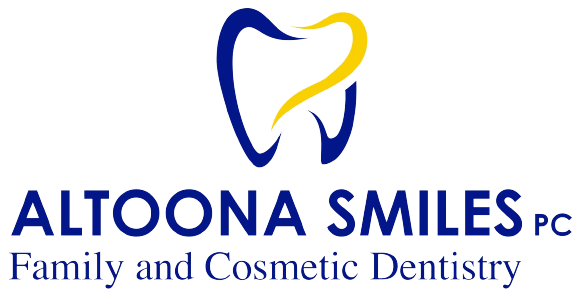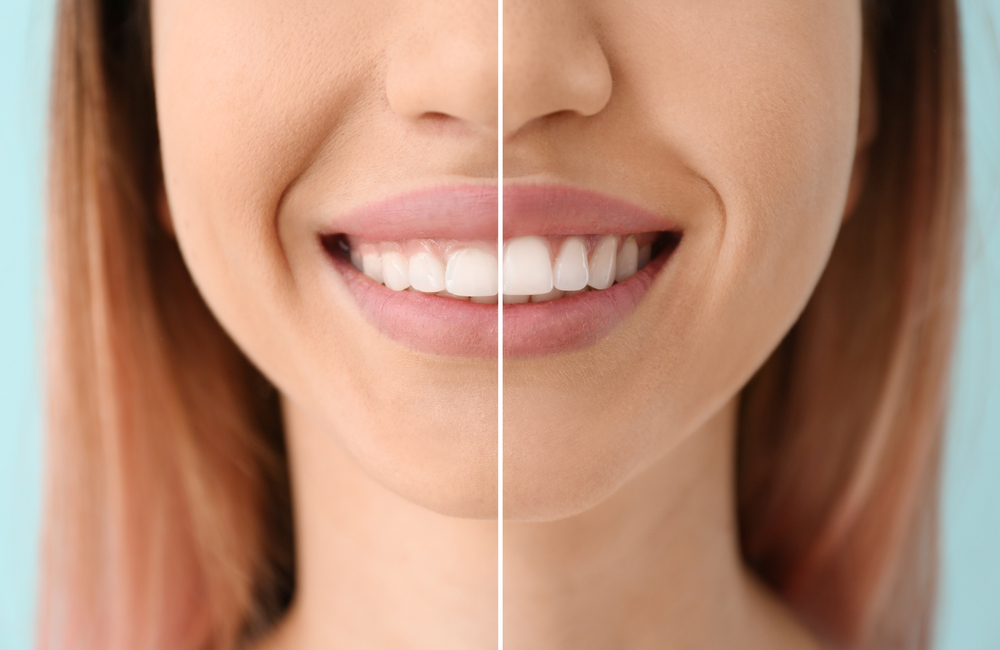Xerostomia is the medical term for dry mouth. You might not realize it, but xerostomia can affect your dental and oral health.
What Is Dry Mouth?
Xerostomia is a condition in which the salivary glands in your mouth do not produce enough saliva to keep your mouth moist–literally “dry mouth.” Common causes of dry mouth can include:
- Dehydration and conditions that lead to dehydration, such as fever, diarrhea, vomiting, or excessive sweating
- A side effect of certain medications, including relaxants and sedatives
- A side effect of chemotherapy used to treat cancer
- Nerve damage to the head or neck area, resulting from injury or surgery
- Habits such as smoking or chewing tobacco and drinking alcohol can affect saliva production, as well as recreational drug use
- Breathing with your mouth open can also cause dry mouth, including during sleep
- Xerostomia can also be a side effect of certain diseases and infections, such as diabetes, anemia, Alzheimer’s disease, Parkinson’s disease, or HIV/AIDS
- People can experience dry mouth with aging, especially if they have underlying health conditions, take medications, and don’t get proper nutrition
A dry mouth can cause discomforts, such as sore throat, dry nasal passages, mouth sores, cracked lips, and dry tongue. Without enough regular saliva production, someone could have bad breath and experience difficulty chewing, tasting, and swallowing. To prevent dry mouth, you can stay hydrated by drinking lots of water. If you have xerostomia, a doctor may prescribe a special oral rinse or spray.
What Is Saliva?
Saliva is a clear liquid produced by several glands in your mouth. It is 98% water, but also includes mucus, proteins, enzymes, minerals, electrolytes, and antibacterial compounds. Saliva plays a vital role in keeping your mouth healthy and aiding in digestion.
How Does Saliva Help Keep The Human Body Healthy?
1. Saliva prevents infection in the mouth by regulating bacteria and fungi. This includes protecting against thrush, which is a fungal infection of the mouth.
2. The movement of saliva in the mouth washes away food residue that could feed tooth-decay-causing bacteria.
3. Minerals found in saliva, such as calcium, fluoride, and phosphorus contribute to repairing the protective enamel of your teeth.
4. An enzyme called amylase explains why saliva plays a crucial role in digestion. Amylase breaks down starch, maltose, and dextrose into smaller molecules. Saliva also makes the food you chew wetter and softer so that it is easier to swallow and ingest.
How Does Xerostomia Affect My Dental Health?
Saliva plays a preventative role in guarding the mouth against bacteria, infection, and fungi. When you do not have adequate saliva production, your dental health can be impacted in the following ways:
1. Increased risk of cavities. Without saliva to sweep away plaque, food debris, and harmful acids from the surface of your teeth, you would be more vulnerable to tooth decay.
2. Erosion of tooth enamel. Acids left on the surface of teeth due to dry mouth could erode the protective enamel of your teeth. Enamel erosion can leave someone more susceptible to tooth decay or root canal infection.
3. Discoloration of teeth. As food and drink remain on the surface of teeth and protective enamel is eroded, you may be more likely to experience teeth staining.
4. Gum disease. A bacterial infection of the gums, resulting from plaque and tartar buildup. Gum disease both increases your risk of tooth decay and allows for tooth decay to reach the roots of teeth. If gum disease is not treated, it can spread to the supporting structure of teeth and result in tooth loss.
If you are seeking dental care in the Altoona, IA area, consider Altoona Smiles for your family and cosmetic dentistry needs. Call 515-200-1299 to ask about dental implants or schedule a visit today.







